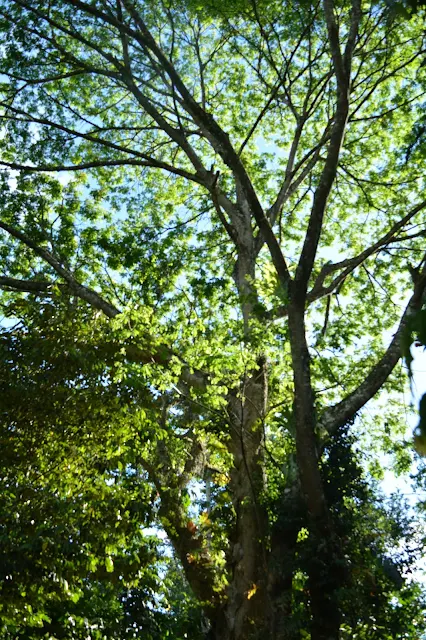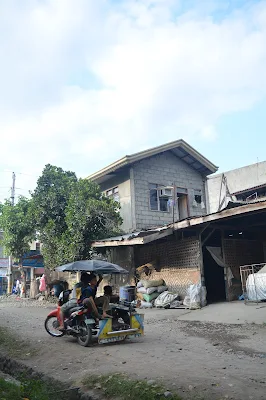Cordoned off the seats reserved for government officials and
priests, we were huddled in a small corner near the speakers, I, trying my best
to stretch the limited capacity of my camera to capture the scene unfolding
before me. When I told them I’ve been scolded by the PSG for going over the
line to get a closer picture of the marble tablet etched with the names of
those who died, Boyax only smirked, rolled his eyes; while Keith looked up at
the starless night. Their gestures told me they have totally resigned themselves
to faith, they have stopped trying another trick, what can you expect? As we crouched over, reviewing our shots,
Boyax had helped me find the good ones that would do and the bad ones that had
to be discarded. Kill your babies, as Ja used to say.
Then, I began telling myself, this one, I’d surely miss.
My good old days pretending to be a photographer would soon
be over. But in the past months—or a year or two that I’ve been doing it—had
been a fruitful one. It was an apprenticeship of sort. I had had a lot of lessons
on the job. Unlike sitting on the bench, scrawling notes, I loved being with
the cameras, to be at the forefront of things as they happened, to frame events
through the lens I was holding. I got shouted at, and shoved away, at times, but it was part of the game. I
loved to be among this ragged, throbbing crowd with all the equipment they carried
and adored.
Once, at the height of the campaign, failing to get myself
in the middle of the action, I had shouted my questions from under the tripod
(it was that crowded), still aiming through with my camera. The would-be
President had to look up and down the jungle of bodies, limbs and equipment to
answer my questions.
I often heard of the arrogance of some photographers against
some newcomers. But this crowd of
photographers (where I felt I belonged) had readily welcomed me, allowed a
small inch of space for me to stand, or crouch, in this too crammed world of
photojournalism.
Then, I stopped bringing my camera. It proved too bulky, I’m
afraid, in situations which demanded from me agility and lightness; situations
that demanded most of the strength left in my weakening body. Covering the
president has always been an exhausting job that requires us to stand for very
long hours, skip meals, write stories on the phone, as fast as we can.
Soon, I may no longer be doing this anymore. I will always
look back to my days among the photographers as one of the most memorable days
of being a journalist. It allowed me new perspectives of telling stories; opened
my eyes to a different medium, a medium that is more physical and more
demanding of strength and alertness than the one I’ve been used to.
It allowed me to be myself, to go against rules and conventions,
to try new angles, new worldviews, and even get dirty, doing it.
















